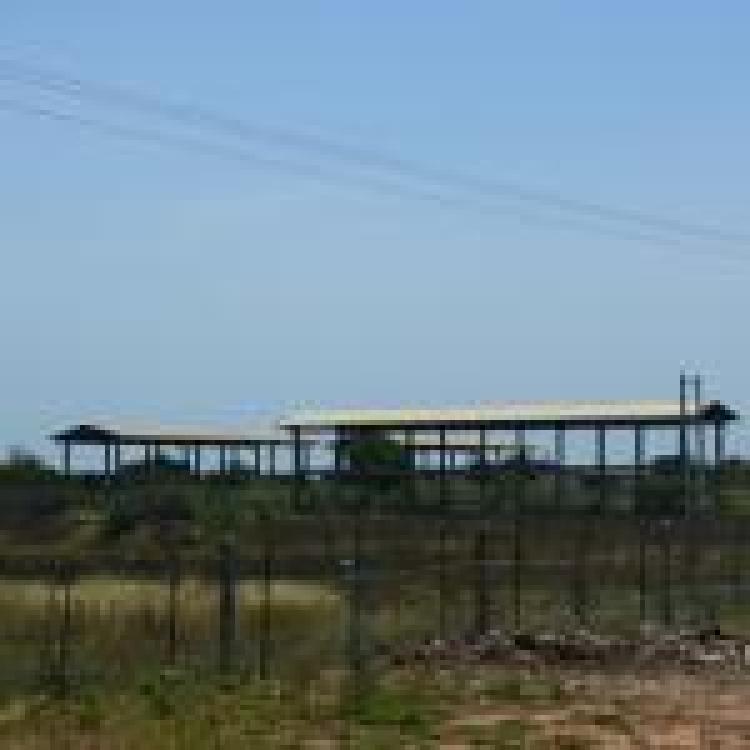.jpeg)
Sri Lanka's Forest Department is alleged to have facilitated the illegal trade of timber across the North-East, particularly forested areas in Mullaitivu which have been targeted by illegal loggers leading to high rates of deforestation within the area.
Teak trees cut in the Murrippu, in the Mullaitivu district, are reportedly transported to the Nahacholai forest area and sold by smugglers.
Trees planted by the Liberation Tigers of Tamil Eelam (LTTE) which have matured into forests have been targeted by the logging with local residents accusing the government of supporting the trade. The Sri Lankan Forestry Department had deployed security personnel in the area to monitor the forests but despite this trees continue to be cut, in recent days over 100 teak trees have been cut down and sold. The continuous deployment of security personnel in the area has allowed for the flow of timber to continue unimpeded.
Trees found to be sold are said to be of the same species and colour of forest found across the district. Last month protests were held by residents of Mannar against the illegal logging being committed by the Sri Lankan military.
.jpeg)
Satellite image of deforestation
Last year Tamil Guardian's Mullaitivu district correspondents were assaulted in Murippu, Mullaitivu, whilst reporting on illegal logging and timber smuggling in the area. Kanapathipillai Kumanan and Shanmugam Thavaseelan, who caught the smugglers on video, were attacked with iron rods. The attackers then destroyed the video recordings on their cameras and phones and looted their jewellery and money before fleeing. Forestry department officials have also intimidated journalists attempting to report on the encroachment akin to land grabbing of forests found on land owned by Tamils.
.jpeg)
The effects of deforestation can have a disastrous compounding effect on the local area, forests act as a hub for wildlife and increase biodiversity whilst also providing protection from flooding events. Despite the continued pledges of the Sri Lankan government to protect the environment, no action has been taken to halt the illegal timber trade occurring across the Tamil homeland.
.jpeg)
.jpeg)
.jpeg)
.jpeg)
.jpeg)
.jpeg)


